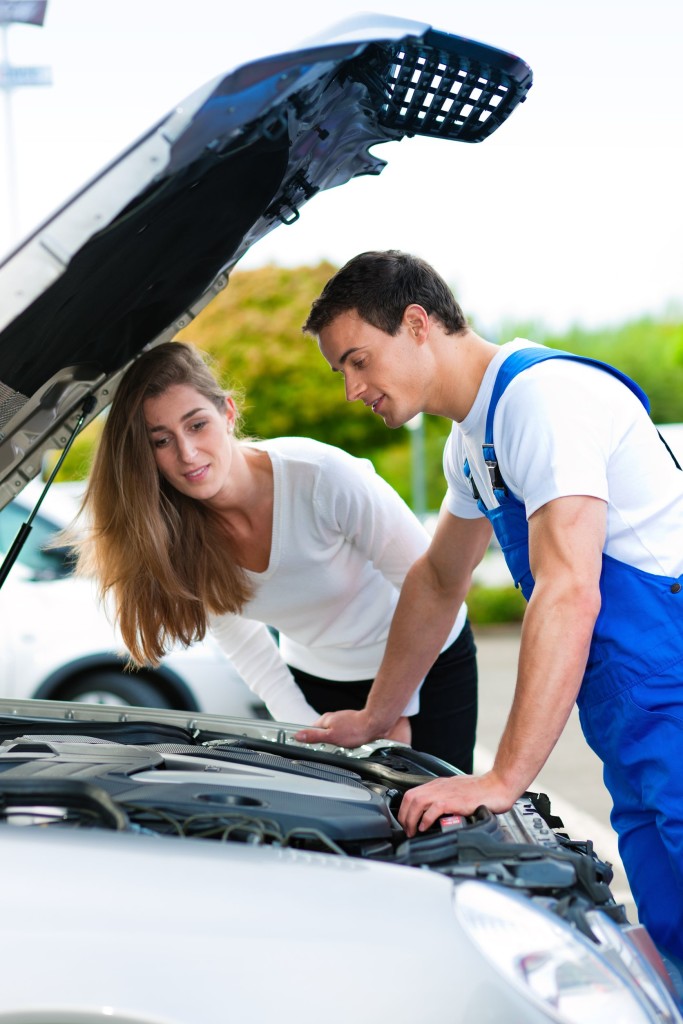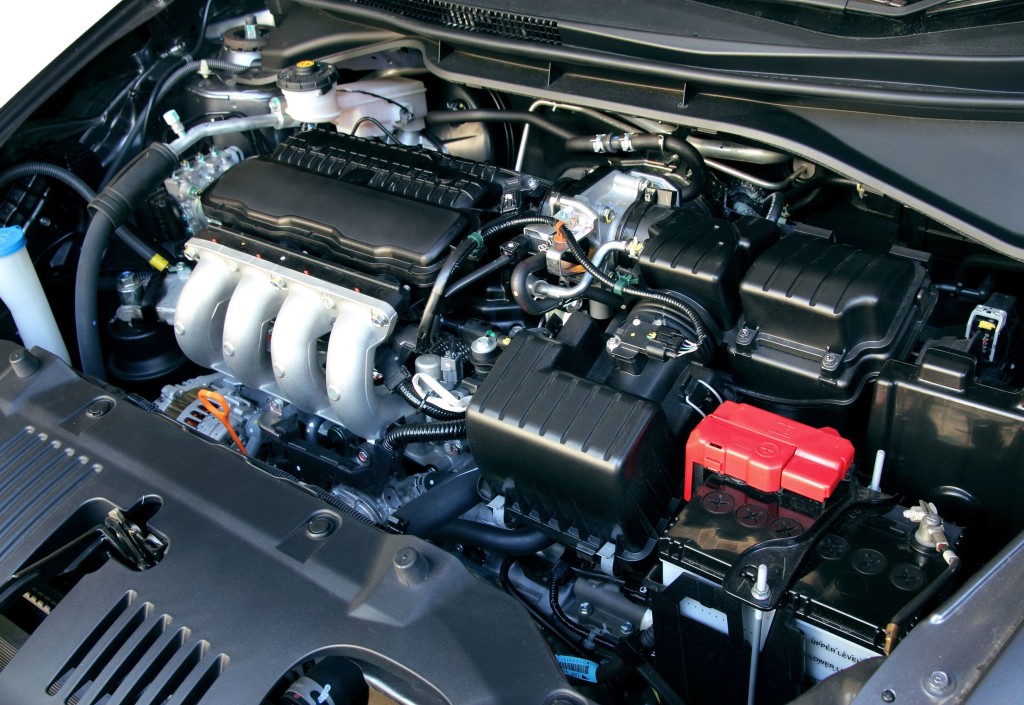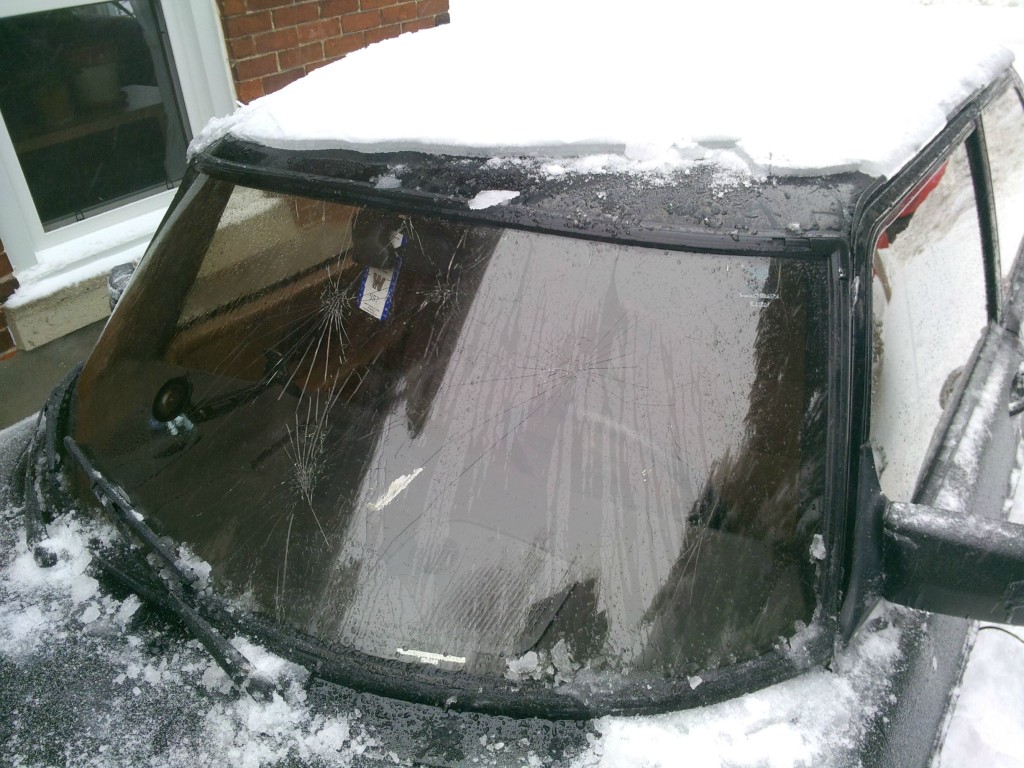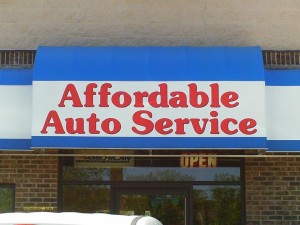5 Common Reasons Cars Break Down
 Although they may vary greatly in look, the majority of cars are pretty similar when you look at what makes up the actual vehicle. Because of this, most cars are affected by a lot of the same issues. Today, we take a look at five of the most common reasons your car breaks down.
Although they may vary greatly in look, the majority of cars are pretty similar when you look at what makes up the actual vehicle. Because of this, most cars are affected by a lot of the same issues. Today, we take a look at five of the most common reasons your car breaks down.
1. Bad Battery – Batteries aren’t typically an issue during the warm summer months, but most Minnesotans have had troubles with their car’s battery at one point or another during the freezing winter months, especially if you have to park on the street. If your car won’t start, it may be a battery issue. Check out this post for more information on bad batteries.
2. Belt Blues – Belts are the muscles of your car, as they make the internal components move. Damaged or broken belts are akin to tearing your hamstring – it really hampers your ability to move normally. Unlike muscles, belts won’t get better with rest. Like a lot of mechanical issues, it is much preferred to prevent a broken serpentine belt than fix a broken one, especially since a broken belt can cause major engine issues.
3. Broken Brakes – Although you’ll still be able to drive with bad brakes, as you can imagine, it’s not recommended. Extremely worn brake pads or rotors can make it nearly impossible to stop, which can lead to injury and damage to property. If you hear squealing, rattling, shaking or have problems while braking, take your car into a repair shop immediately.
4. Shot Starter – If you put the key in your car, turn it and hear nothing (or a clicking sound), you may have a problem with your starter. If this happens, try to turn on your car’s interior lights or headlights, as it could be an issue with your battery. If your lights turn on, you know your battery is in good shape, and it’s likely a problem with the starter or relay.
5. Overworked Engine – If your car’s temperature gauge shoots up into the red, your engine may be at risk for overheating. If this happens, turn off the air conditioner and blast your heat. This will help move hot air away from the engine. Once you’re home, check your radiator to ensure it’s full of coolant. If your radiator or engine overheats and breaks down, you’ll have a hefty repair bill on your hands. Keep an eye on your engine’s health.
-
My Car Is Making a Weird Noise. What is it?
 Apr 22, 2015
Apr 22, 2015If your car is making a funny noise, you’re probably wondering if the problem is serious. Although diagnosing a car problem by noise is no perfect science, there are some sounds that can give you a pretty good idea of what is wrong. Here are some common car sounds and what they might signal. 1. […]
-
The Do’s and Don’ts of De-Icing Your Windshield
 Jan 6, 2015
Jan 6, 2015Winter is finally here to stay, and with snow emergencies comes the need for drivers to clear their cars of ice and snow. There are a lot of different ways to clear snow from your car’s windshield, and some are better than others. Today, we discuss the Do’s and Don’ts of de-icing your windshield. Do […]
-
5 Tips for Choosing the Right Auto Repair Shop
 Sep 6, 2013
Sep 6, 2013When your car needs work, two things come to mind. You want someone who will get the repair done quickly, and most importantly, someone who won’t overcharge you for the work. But how do you know which auto repair shops are honest and which ones want to take you for a ride? Below we share […]




